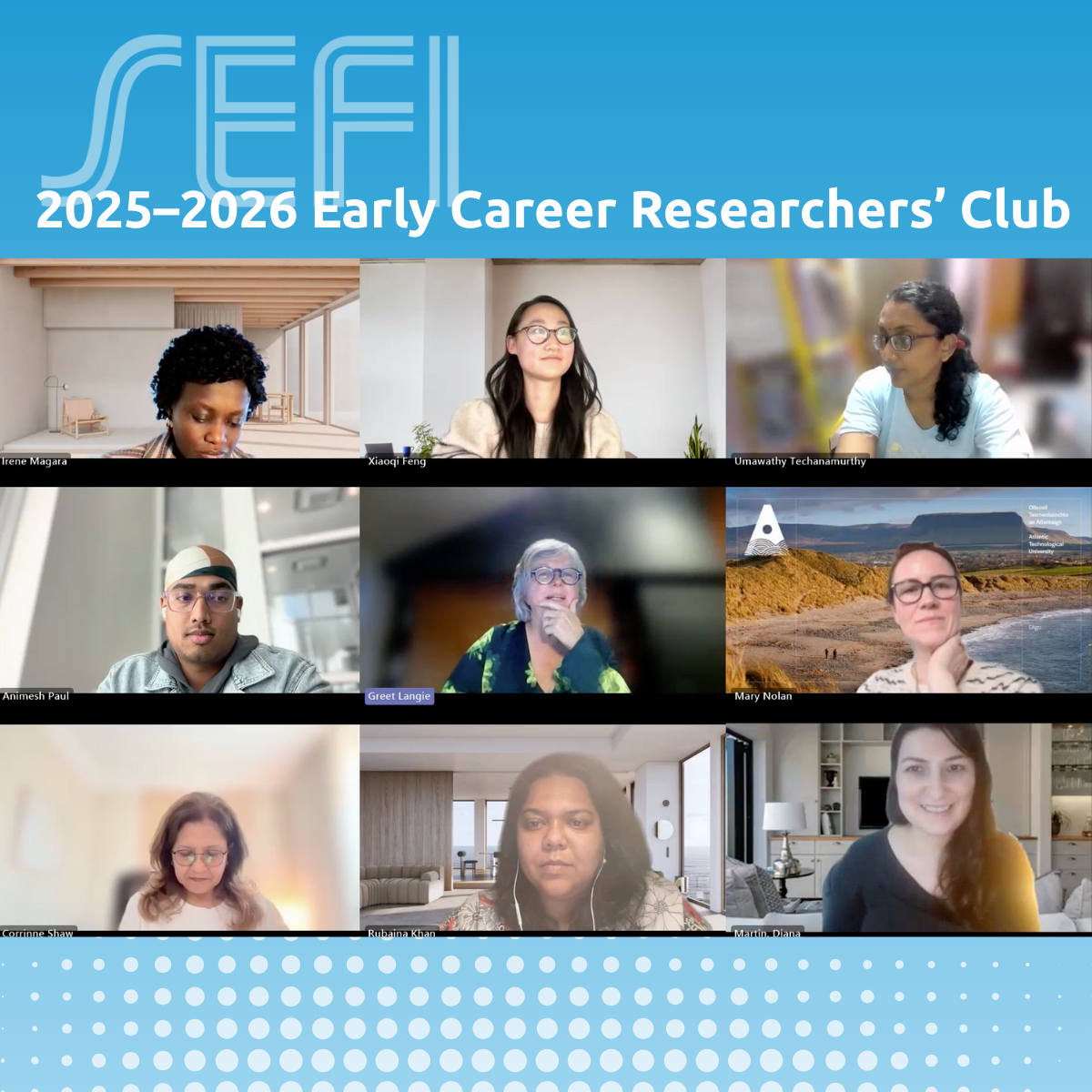The SEFI Early Career Researchers’ Club is a 9-month initiative designed to support and connect…

Laura Nolan (Ireland)
Disclosures made by practitioners about wrongdoing are one of our last lines of defence against illegal or unethical behaviour by companies or institutions. Recent prominent examples in technology and engineering include Edward Snowden, Ed Pierson at Boeing, and Christopher Wylie of Cambridge Analytica. In a much smaller way, I’m a whistleblower as well – I’ve spoken publicly about why I left Google in 2018 over Project Maven.
My undergraduate computer science education included ethics and Science and Technology Studies (STS). It was a very different time – I studied from 1998 to 2002, and most people didn’t have an email address, Facebook and smartphones didn’t exist, and Google was in its infancy. Although I found the ethics and STS courses quite engaging, I didn’t think I’d grapple with real moral dilemmas at work. Today’s most pressing ethical issues in technology hadn’t been conceived of. However, even in a slower-moving field, it’s impossible as a student to really relate to the kinds of ethical problems you could face as a senior professional decades later, when you are living them rather than reading case studies.
Whistleblowing was not covered in my undergraduate courses, but both the power of and the costs of whistleblowing ought to be part of STEM education. Brian Martin’s publicly available book ‘The Whistleblower’s Handbook’ is a pragmatic look at whistleblowing in practice, and it is an essential resource that students should be aware of. The law is also important – it’s in the process of changing in many states as the new EU Whistleblower Directive is implemented. A STEM-specific concern is that technology companies often use non-disclosure and non-disparagement clauses in standard employee contracts, and potential whistleblowers will need support in understanding the legal risks to them if they speak publicly.
The most compelling way to teach about whistleblowing and to show students its relevance may be to tell the stories of whistleblowers. Snowden’s story inspires and resonates because his disclosures were so impactful and because he executed impeccably. But whistleblowing can backfire – so we should study Reality Winner, currently in prison for leaking an NSA report on Russian election hacking. Ed Pierson, a retiree who testified about safety issues he’d seen at Boeing, demonstrates the power of financial independence. Christopher Wylie, on the other hand, went public about Cambridge Analytica at the start of his career – he shows that it’s possible to have a career after a disclosure (I too still have a career in technology). John Doe, who leaked the Panama Papers, is an example of a successful anonymous whistleblower.
In my view, it isn’t the role of educators to try to create whistleblowers. To speak out, even anonymously, is a professional duty in some circumstances but it’s also a huge personal risk. Whistleblowers are probably born, not made in ethics class. What educators can do is to make sure students are aware of the duty to disclose wrongdoing and to ensure they know how to do so as safely – and effectively – as possible.
Laura can be reached at https://twitter.com/lauralifts or https://lauranolan.substack.com/


